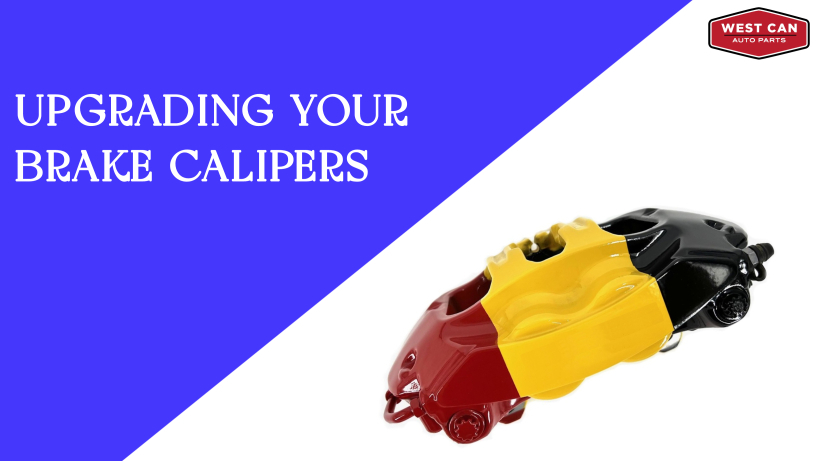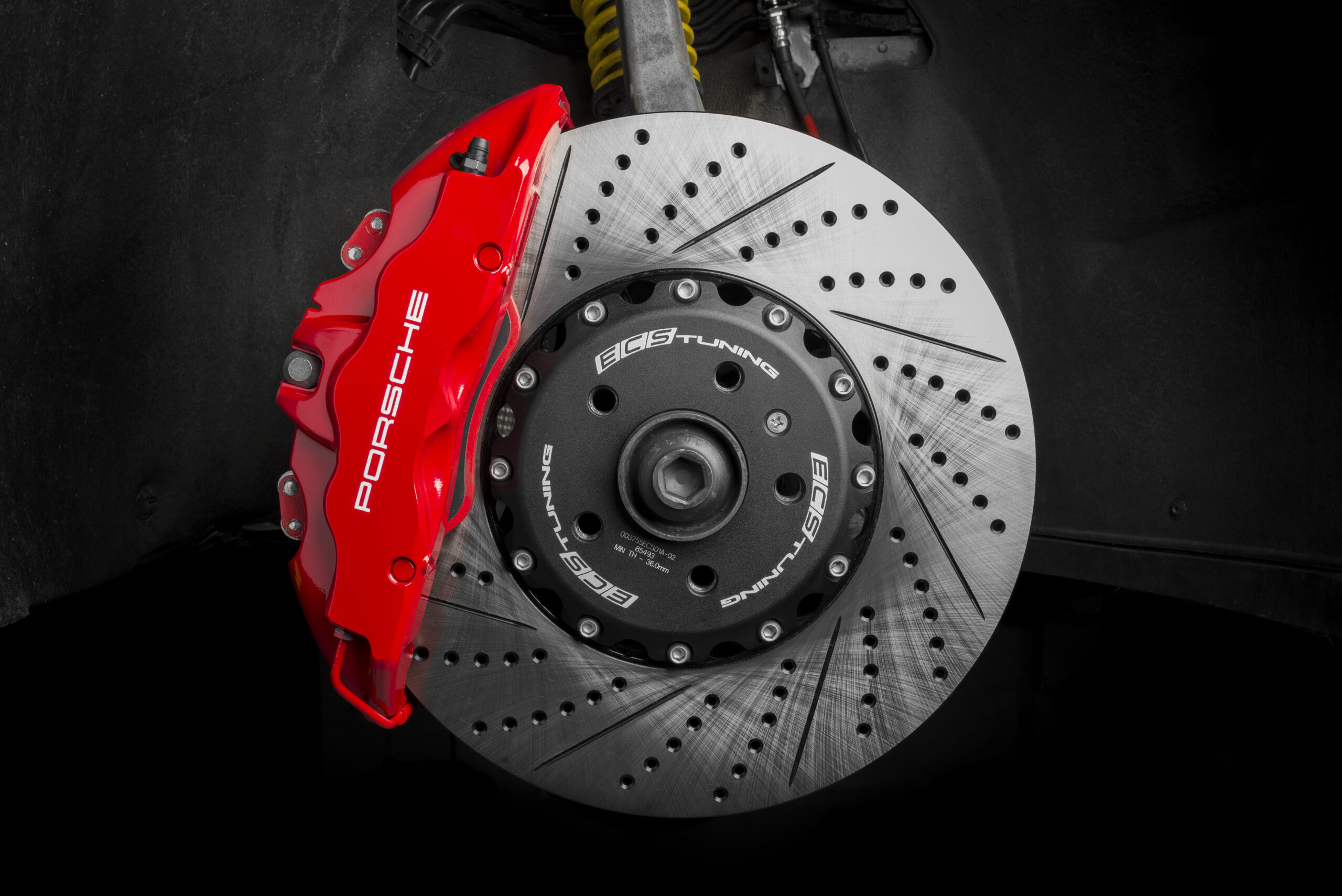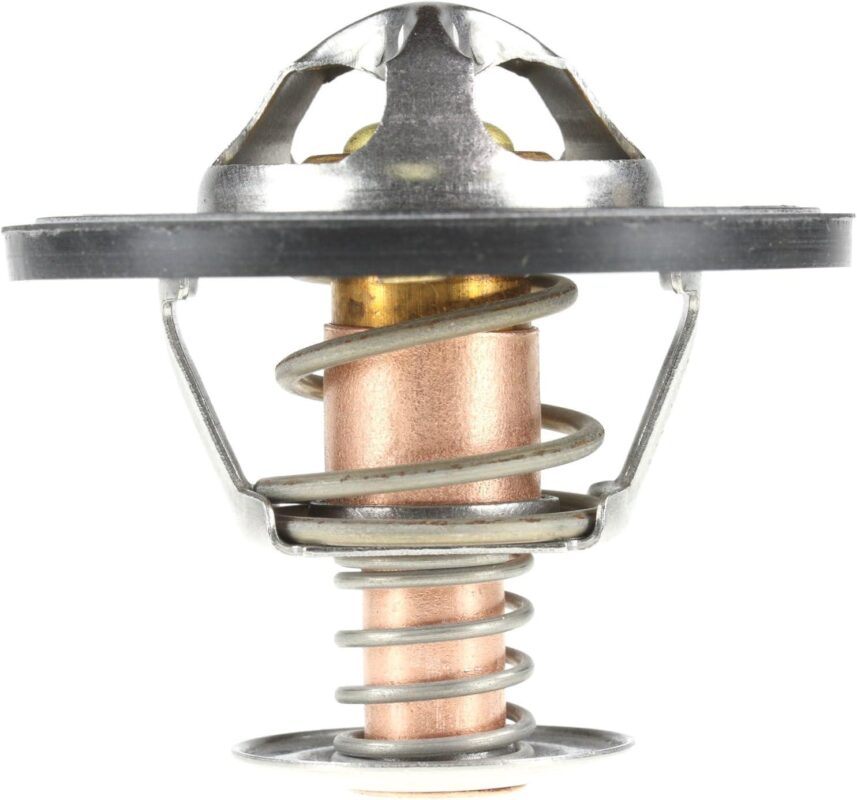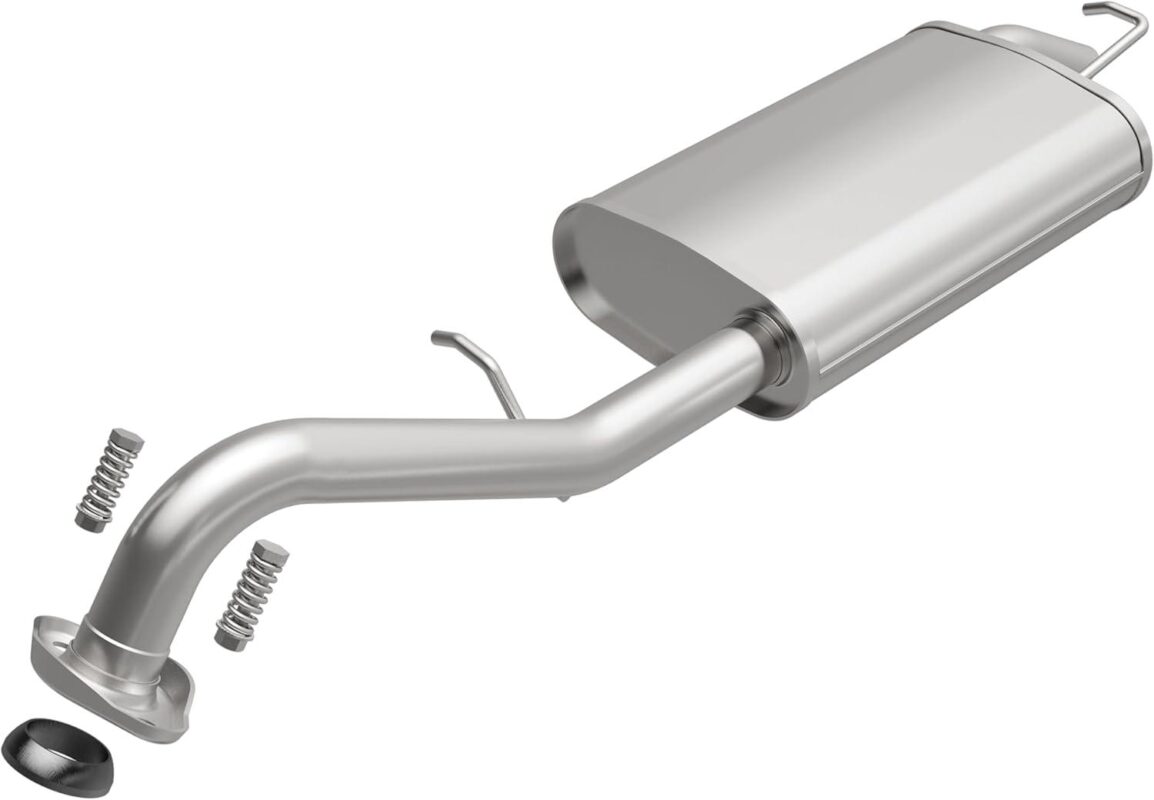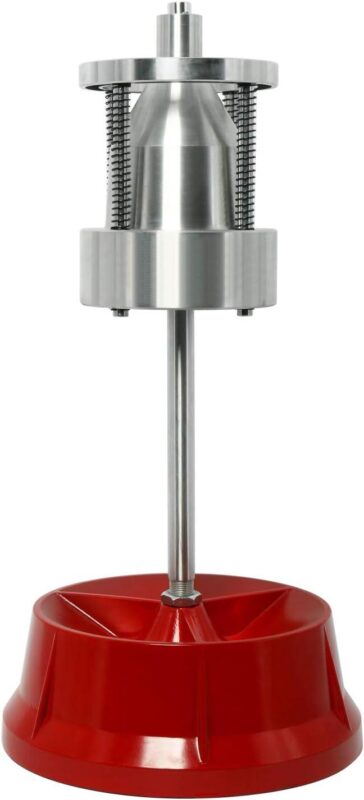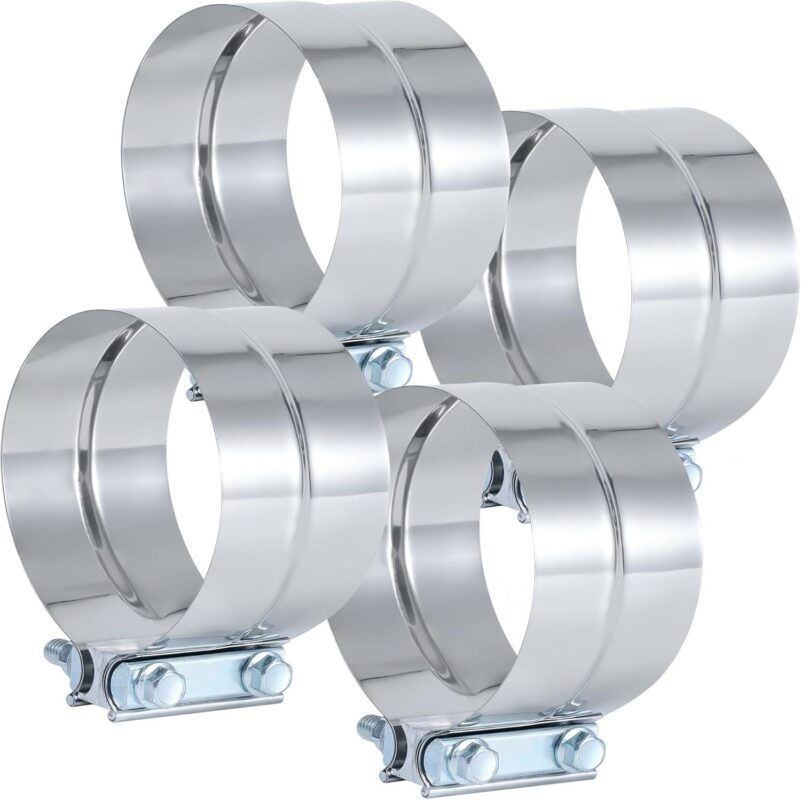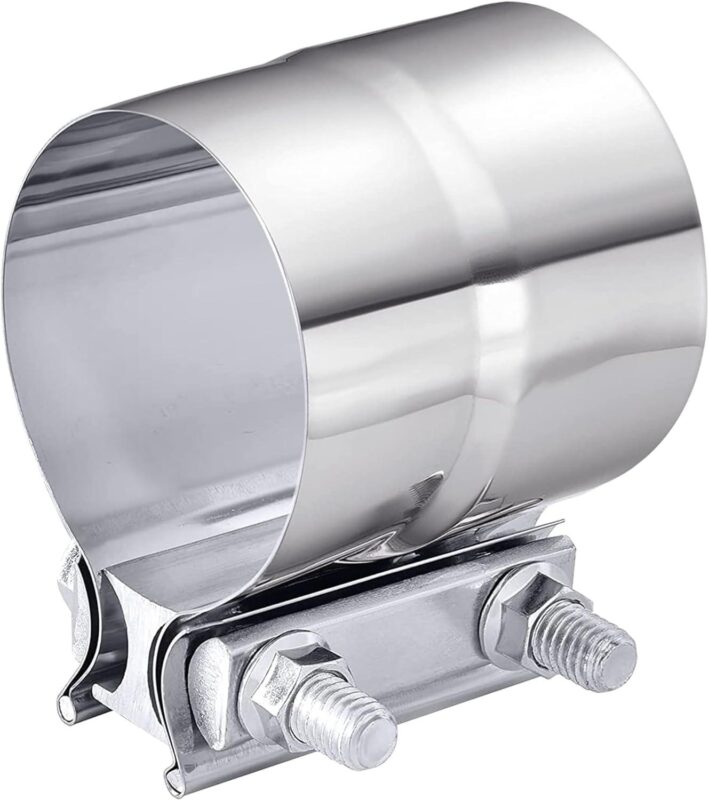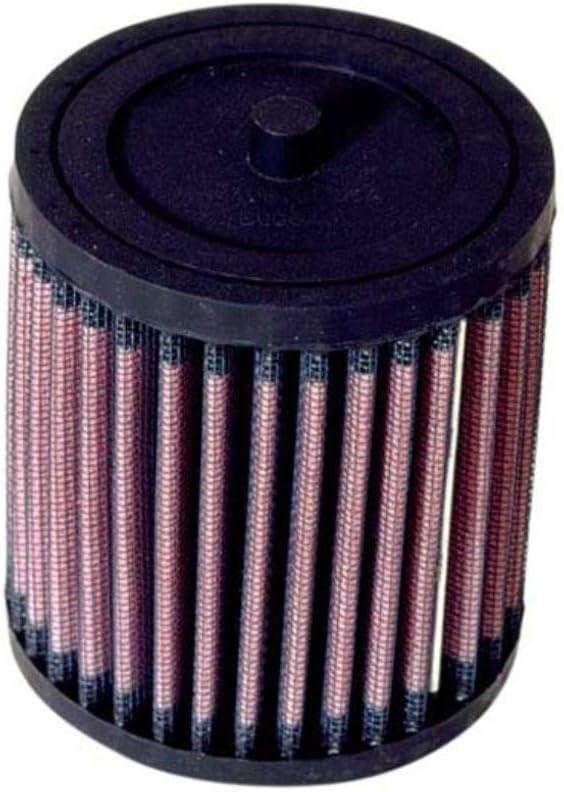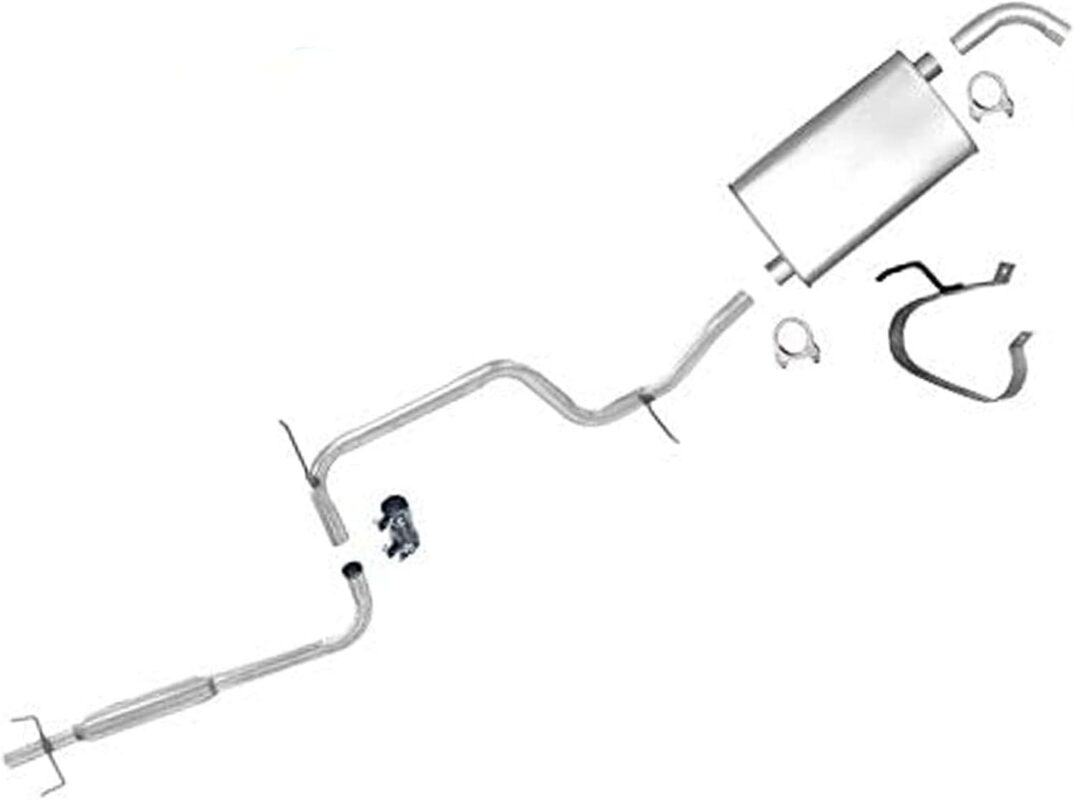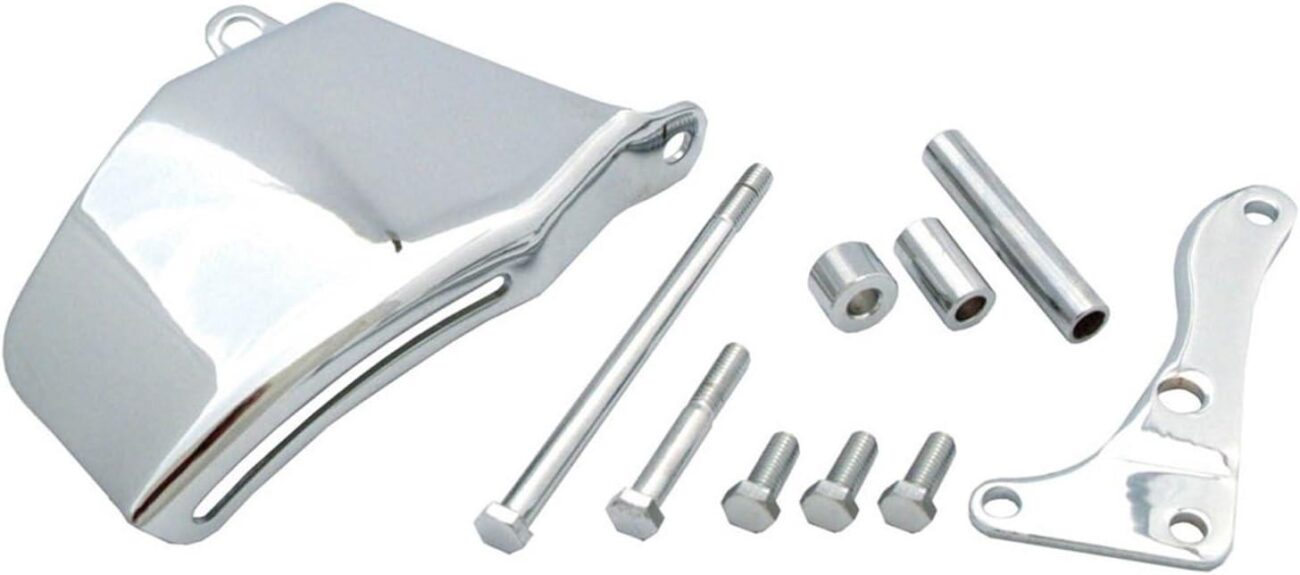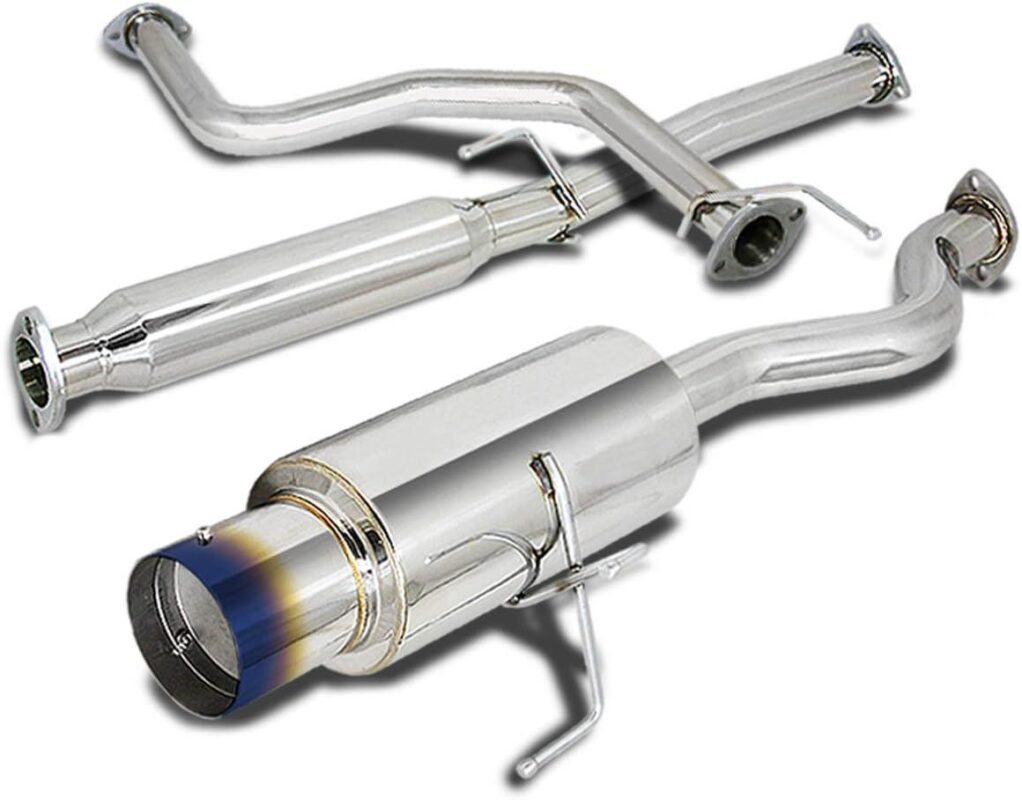Upgrading our vehicle’s brakes can significantly enhance our driving experience, providing us with better performance and increased safety. In “Upgrading Your Brakes: What You Need to Know,” we explore the essential aspects of brake upgrades, from understanding the types of brakes available to choosing the right materials and ensuring proper installation. This guide aims to equip us with the knowledge needed to make informed decisions, ensuring that our vehicles are equipped to handle whatever the road throws our way. Have you ever wondered: when was the last time we gave our vehicle’s brakes a second thought? For most of us, we only think about our brakes when there’s an issue. But, in reality, upgrading our brakes can not only enhance performance but also improve safety. Whether we are speeding down the highway or inching through city traffic, having reliable brakes is paramount. So, let’s dive into everything we need to know about upgrading brake systems in our vehicles.
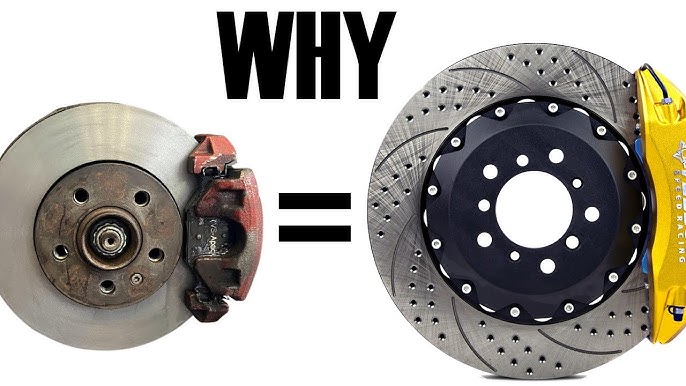
Understanding the Basics
Before we dive into the specifics of brake upgrades, it’s essential to understand the basic components of a braking system. Knowing how the parts work together can help us make informed decisions when it comes time to upgrade.
Key Components of a Braking System
A typical braking system consists of several components that work seamlessly to slow down and stop our vehicle.
| Component | Description |
|---|---|
| Brake Pads | These make contact with the rotors to create friction and slow the vehicle down |
| Brake Rotors | Metal discs attached to the wheels, where brake pads clamp down to create the necessary friction |
| Brake Calipers | House the brake pads and apply pressure to them, forcing them against the rotors |
| Brake Lines | Tubes that carry brake fluid from the master cylinder to the calipers |
| Master Cylinder | Generates hydraulic pressure to engage the brake calipers when we press on the brake pedal |
| Brake Fluid | A hydraulic fluid that transfers pressure from the master cylinder to the brake calipers |
Types of Brakes
There are generally two basic types of brakes found in most vehicles:
- Disc Brakes: Typically found on newer models, these brakes provide better stopping power and cooling.
- Drum Brakes: Often found on older models and in rear brakes of some modern cars, these are less effective in dissipating heat but are generally less expensive.
Knowing this will help us understand where upgrades can be most effective.
Why Upgrade Our Brakes?
Upgrading our braking system isn’t just for high-performance vehicles or racing enthusiasts. There are compelling reasons why everyday drivers should consider it as well.
Improved Safety
First and foremost, upgraded brakes often feature materials and designs that provide better stopping power, lower the braking distance, and reduce the chances of brake fade. Enhanced safety gives us peace of mind, especially in emergency situations.
Enhanced Performance
When we upgrade our brakes, we’re not just improving stopping power. Better brakes can also provide more consistent performance, reduce noise and vibrations, and ensure longer-lasting components.
Increased Resale Value
Vehicles with upgraded braking systems can often attract higher resale values. Prospective buyers view these as indicative of a well-maintained and high-performing vehicle.
Different Upgrades Available
When it comes to upgrading brakes, there are various levels of enhancements we can make. Let’s look at the most common options.
Brake Pads Upgrades
One of the easiest and most effective upgrades is replacing the brake pads.
Material Types
| Material | Description | Best for |
|---|---|---|
| Organic | Made from non-metallic fibers, softer and quieter | Standard driving |
| Semi-Metallic | Contains metal fibers, more durable | All-around driving and light performance |
| Ceramic | Made from ceramic compounds, longer-lasting | High-performance driving |
Each material offers different benefits and drawbacks. For most of us, semi-metallic pads strike a good balance between performance and longevity.
Brake Rotors Upgrades
Upgrading the rotors can also make a substantial difference.
Types of Rotors
| Type | Description | Best for |
|---|---|---|
| Standard | Stock rotors, usually made of cast iron | Regular driving |
| Drilled | Feature holes for better heat dissipation | High-performance and racing |
| Slotted | Have slots to expel gas, dirt, and water | Heavy towing and off-road |
| Drilled & Slotted | Combination of both | Extreme performance and racing |
Choosing the right type of rotor depends on how we use our vehicle. Drilled and slotted rotors offer the best of both worlds but are typically more expensive.
Brake Calipers Upgrades
High-performance calipers offer better clamping force and heat management.
Types of Calipers
| Type | Description | Best for |
|---|---|---|
| Single-Piston | Standard for most vehicles | General driving |
| Multi-Piston | Offer better clamping force and even wear | Performance driving and heavy towing |
Brake Fluid Upgrades
Not something many of us think about, but higher-quality brake fluids can withstand higher temperatures, reducing the chance of brake failure due to boiling fluid.
Types of Brake Fluid
| Type | Description | Boiling Point |
|---|---|---|
| DOT 3 | Most common, sufficient for general use | Moderate |
| DOT 4 | Higher boiling point than DOT 3 | Higher |
| DOT 5.1 | Best for high-performance situations | Highest |
DOT 4 or higher is preferable if we are looking to engage in high-performance activities or drive frequently through mountainous areas.
DIY Vs. Professional Installation
The decision of whether to upgrade our braking system ourselves or to hire a professional largely depends on our skill level and the complexity of the upgrades.
DIY Installation
If we are mechanically inclined, some upgrades like changing brake pads and rotors can be done in our garage. DIY kits and online tutorials can guide us through each step.
Pros
- Cost Savings
- Personal Satisfaction
- Learning Experience
Cons
- Time-Consuming
- Risk of Mistakes
- Limited Justification for Warranty Claims
Professional Installation
For more complex tasks like upgrading the entire braking system or installing multi-piston calipers, it’s generally a good idea to consult professionals.
Pros
- Expertise and Experience
- Time Efficiency
- Warranty and Insurance Benefits
Cons
- Higher Cost
- Need to Book Appointments
- Less Hands-On Learning
If we are new to automotive work, starting with a professional is usually the safer choice.

Maintaining Upgraded Brakes
Upgraded brakes, like any other vehicle component, require regular maintenance to ensure they continue to perform at their best.
Regular Inspections
Even with upgraded components, regular inspections are essential. Checking for wear on pads, rotors, and fluid levels can catch issues early.
Cleaning and Lubrication
Brake components are subject to a lot of dust and debris, and keeping them clean and lubricated can make a big difference. Ensure to use appropriate cleaning products and lubricants designed for brakes.
Fluid Checks and Changes
Brake fluid should be checked regularly and replaced according to the manufacturer’s recommendations, especially if we are using high-performance fluids that can degrade faster.
Common Myths About Brake Upgrades
With so much information (and misinformation) out there, it’s easy to get caught up in myths about brake upgrades.
Myth 1: Bigger Is Always Better
While larger components can offer better performance, they are not always necessary for everyday driving. Bigger components require more space and could necessitate other modifications.
Myth 2: All Brake Pads Are the Same
The material and quality of brake pads matter significantly. Cheaper pads may save us money upfront but can wear out quickly and perform poorly under stress.
Myth 3: Upgraded Brakes Don’t Need Regular Maintenance
Even the best brakes require regular maintenance. Assuming upgraded systems are maintenance-free can lead to increased wear and even safety issues.
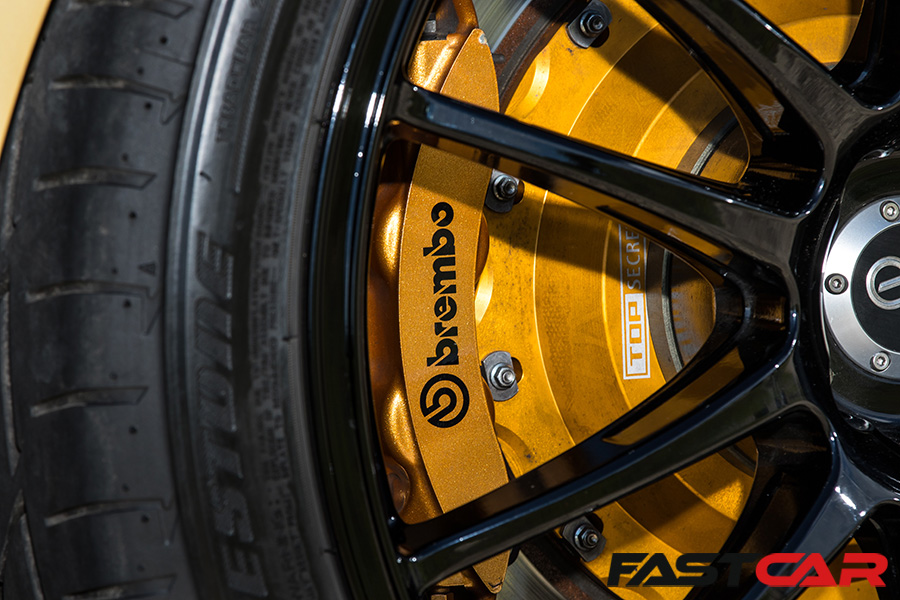
How to Choose the Right Brake Upgrade
Choosing the right upgrade depends on our specific needs and driving conditions.
Assessing Driving Habits
Analyze how and where we drive. Are we more inclined to freeway driving, or do we frequently drive through hilly, curvy terrain? Our driving pattern significantly influences the kind of upgrade we need.
Budget Considerations
Brakes come in a wide range of prices, and while it’s tempting to go for the highest-end option, sticking to a reasonable budget is often more practical. Make sure to consider both the initial cost and the long-term maintenance expenses.
Expert Recommendations
Consulting experts can be incredibly helpful. Whether it’s online forums, customer reviews, or a trusted mechanic, expert advice can guide us to the best upgrade for our specific needs.
Conclusion
Upgrading our brakes is one of the best investments we can make for our vehicle. From improving safety and performance to potentially increasing our car’s resale value, it offers numerous benefits. By understanding the different components, weighing the pros and cons of DIY versus professional installation, and maintaining the upgraded system, we can ensure our road travels are smoother and safer.
So, let’s take the time to assess our needs, budget wisely, and seek expert advice to make the best choice for our vehicle. After all, our brakes are something we shouldn’t take for granted. Caring for them today means safer, worry-free drives tomorrow. Safe driving, everyone!
